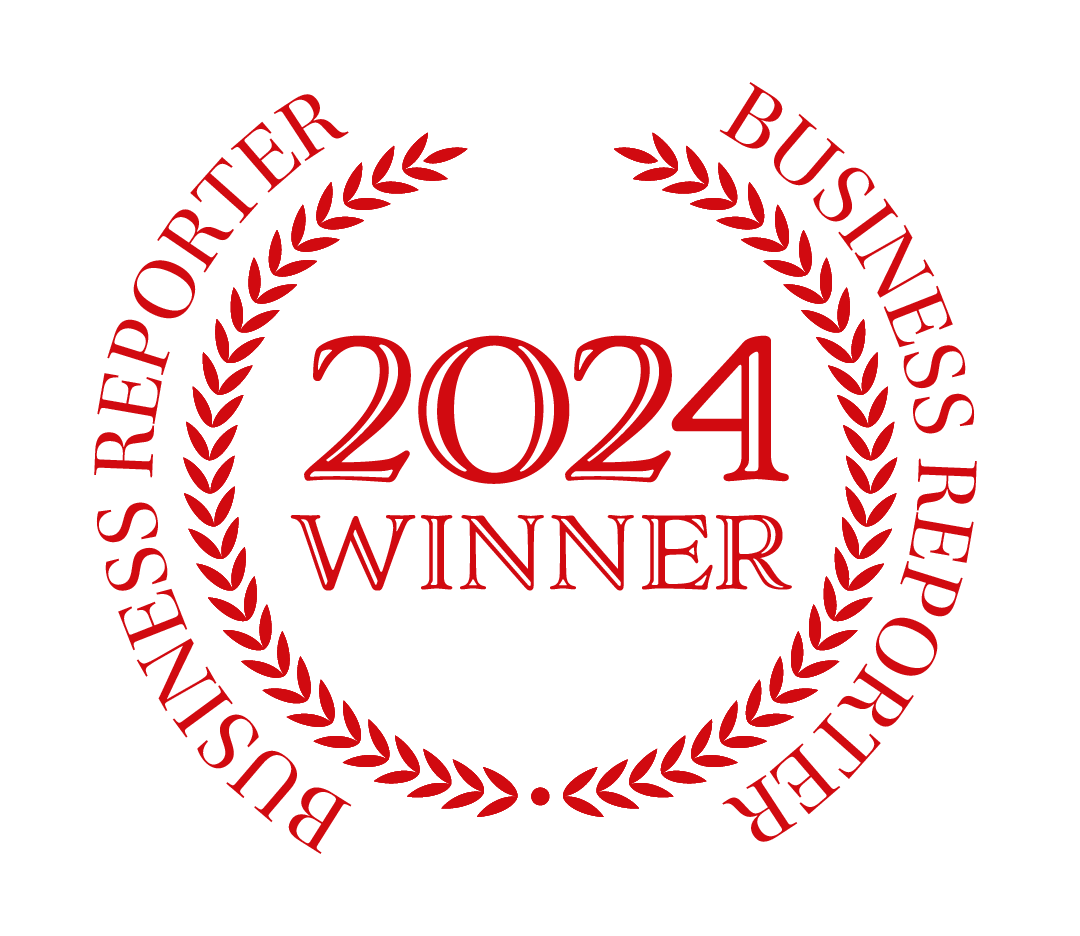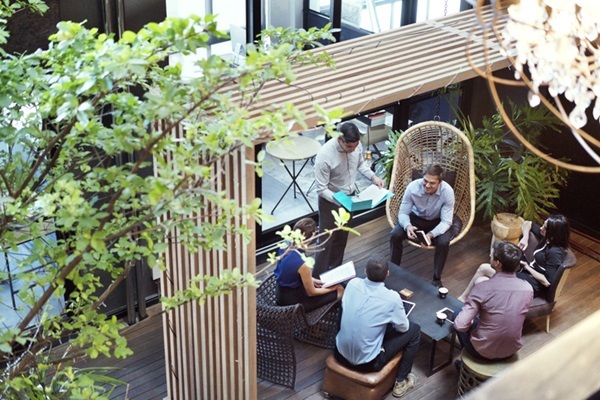Empowering small fashion brands with more sustainable logistics
Sponsored by DHL Express UK
The UK’s fashion and textile industry is one of the most respected in the world. From leading design schools to London Fashion Week, its contribution to the UK’s GDP is a huge £62 billion.
Recognised for craftsmanship, quality and creativity, British fashion has an audience that reaches far beyond its borders. But despite this influence, the sector faces several challenges, especially small and emerging fashion businesses that must juggle creativity with economic pressures and increasing demands for sustainable practices.
In today’s fast-paced fashion industry, brands are under pressure to innovate and meet the expectations of eco-conscious consumers – all while navigating global marketplaces. As consumers increasingly prioritise sustainability, opting for responsibly made products to reduce their environmental impact, brands that can rise to the challenge will not only contribute to a healthier planet but also expand their customer base.
The sustainability struggle in fashion
Sustainability in fashion requires a holistic approach to every stage of the supply chain – from sourcing raw materials to the environmental impact of exporting and delivering products – but this is proving challenging.
The 2024 What Fuels Fashion? Report, which assessed 250 of the biggest fashion brands, found Scope 3 emissions are on the rise despite more brands committing to the Science Based Target Initiative.
According to the World Resources Institute, Scope 3 emissions (indirect emissions that come from a company’s value chain, including raw material extraction, manufacturing and transport) can account for up to 96 per cent of a fashion brand’s total emissions. With even well-funded global brands struggling to manage the environmental impact across their end-to-end value chain, the challenge is even greater for smaller businesses.
Emerging and small businesses, particularly in fashion, are likely to struggle to dedicate the resources needed to meet all the aspects of operating a sustainable business. Yet it is precisely these businesses, with their unique creativity and dedication to quality, that have the potential to thrive in a market increasingly driven by sustainability. The industry needs to ensure it’s working with partners that share the same goals and can provide specialist expertise and services in areas where carbon savings can be achieved without compromising growth, quality or creativity.
Leveraging delivery partner logistics
At DHL, we’ve launched GoGreen Plus, a service that enables companies to mitigate the environmental impact of their international shipping through the use of sustainable aviation fuel (SAF). SAF, which is made from waste materials such as used cooking oil, municipal waste and woody biomass, produces up to 80 per cent less CO2 emissions than fossil fuel, making it the best option currently available for carbon emissions in aviation. Businesses can tailor the CO2e reduction they want to achieve as part of GoGreen Plus.
The use of SAF through GoGreen Plus is classified as insetting. Unlike offsetting initiatives, insetting is recognised as a carbon reduction effort under the Science Based Target Initiative because it is designed to reduce emissions directly associated with a business’s operations – in this case, air cargo, which is an integral part of a fashion brand’s operations.
Aligning growth with environmental responsibility
While the UK fashion and textile industry remains a global powerhouse, its future success hinges on how well it adapts to the growing demands for sustainability. By collaborating with a trusted logistics partner, brands can continue to tap into the global demand for British craftsmanship and creativity, leveraging a reputation that precedes them while bringing down the emissions associated with getting goods into the hands of customers.
By Ian Wilson, Chief Executive Officer, DHL Express UK


Business Reporter Team
Most Viewed
Winston House, 3rd Floor, Units 306-309, 2-4 Dollis Park, London, N3 1HF
23-29 Hendon Lane, London, N3 1RT
020 8349 4363
© 2025, Lyonsdown Limited. Business Reporter® is a registered trademark of Lyonsdown Ltd. VAT registration number: 830519543





